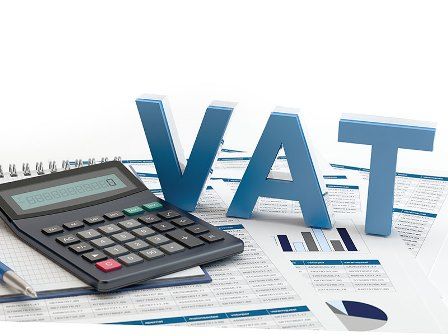
SARS wants to change VAT collection in South Africa – this is how
The South African Revenue Service (SARS) has published a discussion paper on ways to modernise the VAT collection process.
Joon Chong from Webber Wentzel said that VAT is the second-biggest tax revenue for the South African government, but SARS has noted that the collection methods lag behind other tax products.
VAT has the least supply chain visibility from a self-assessment viewpoint, leading to a greater risk of leakages and the need for regular audits.
Thus, the discussion paper looks to modernise the system by making it more straightforward for taxpayers to understand and comply with their obligations, making non-compliance harder to do and easier to detect and creating public trust in the tax system.
Chong said that SARS will modernise VAT in stages, with the development of VAT data models, determining suitable technologies, consulting and collaborating with vendors, integrating vendors’ accounting systems with SARS systems, and testing.
She said the end goal is to receive digitally transmitted VAT data to make the whole VAT supply chain visible.
VAT data obtained from invoices and payments will be digitally transmitted to SARS via secure transmission channels – just like the collection of PAYE data from employers from their payroll systems.
Chong noted that this will make it possible for SARS to receive VAT data almost immediately – depending on the vendor’s system. When VAT data is sent, it will simulate the vendor’s VAT return.
However, self-assessment will be retained, and the vendor will have to submit a return by the due date.
Additionally, digital transmission will apply to a portion of VAT vendors who account for about 80% of all VAT revenue.
About 20% of the VAT vendor base – mainly medium to large businesses – already uses technology-based accounting information systems.
However, legislation will have to be amended to ensure that about 30% of the VAT vendor base, including international vendors and those transacting with the government, submit data digitally to SARS.
Later, the rest of the VAT base – small, medium and micro enterprises – will be incorporated into the digital system, with differing models developed to cater to their needs.
SARS said that, realistically, it will take five years to introduce all these changes, and in the interim, it may be important to get all vendors to report their VAT data in preparation for future changes.
“The digital transition may require disaggregating (or expanding) the data input disclosure points to create a scalable model for real-time reporting and provide more meaningful disclosure,” Chong said
“For example, it may require vendors to distinguish between goods and services, identify various types of zero-rated supplies, distinguish between deemed supplies and their applicable VAT rate and between various input tax deductions.”
SARS will also help vendors understand what they must do for the new system through an information campaign.
Although vendors will have to pay large initial costs for the new system, SARS said that the long-term benefits of accurate VAT reporting will outweigh this cost.
“The modernised system should minimise exposure to VAT miscalculations, errors and omissions and require less audit verification. The initial costs incurred by vendors will be tax-deductible,” Chong said.
“SARS envisages introducing legislation that will clearly prescribe the mandatory disclosures on VAT returns; stipulate categories of vendors that will have to transmit VAT data electronically; and introduce penalties for non-compliance.”
Public comments on the discussion paper must be submitted by Tuesday, 31 October 2023
News Category
- International retailers
- On the move
- Awards and achievements
- Legislation
- Wine and liquor
- Africa
- Going green
- Supplier news
- Research tools
- Retailer trading results
- Supply chain
- Innovation and technology
- Economic factors
- Crime and security
- Store Openings
- Marketing and Promotions
- Social Responsibility
- Brand Press Office
Related Articles

NHI: Business gears up for possible legal battl...

Electricity Regulation Bill will open competiti...

New Minimum Wage Set to Take Effect on March 1s...

Spar director fined R1 million after refusing n...


